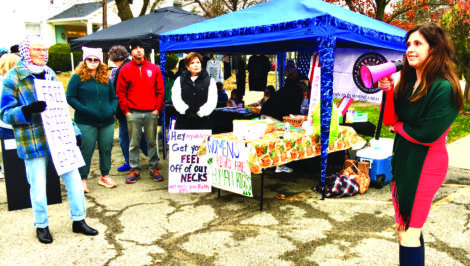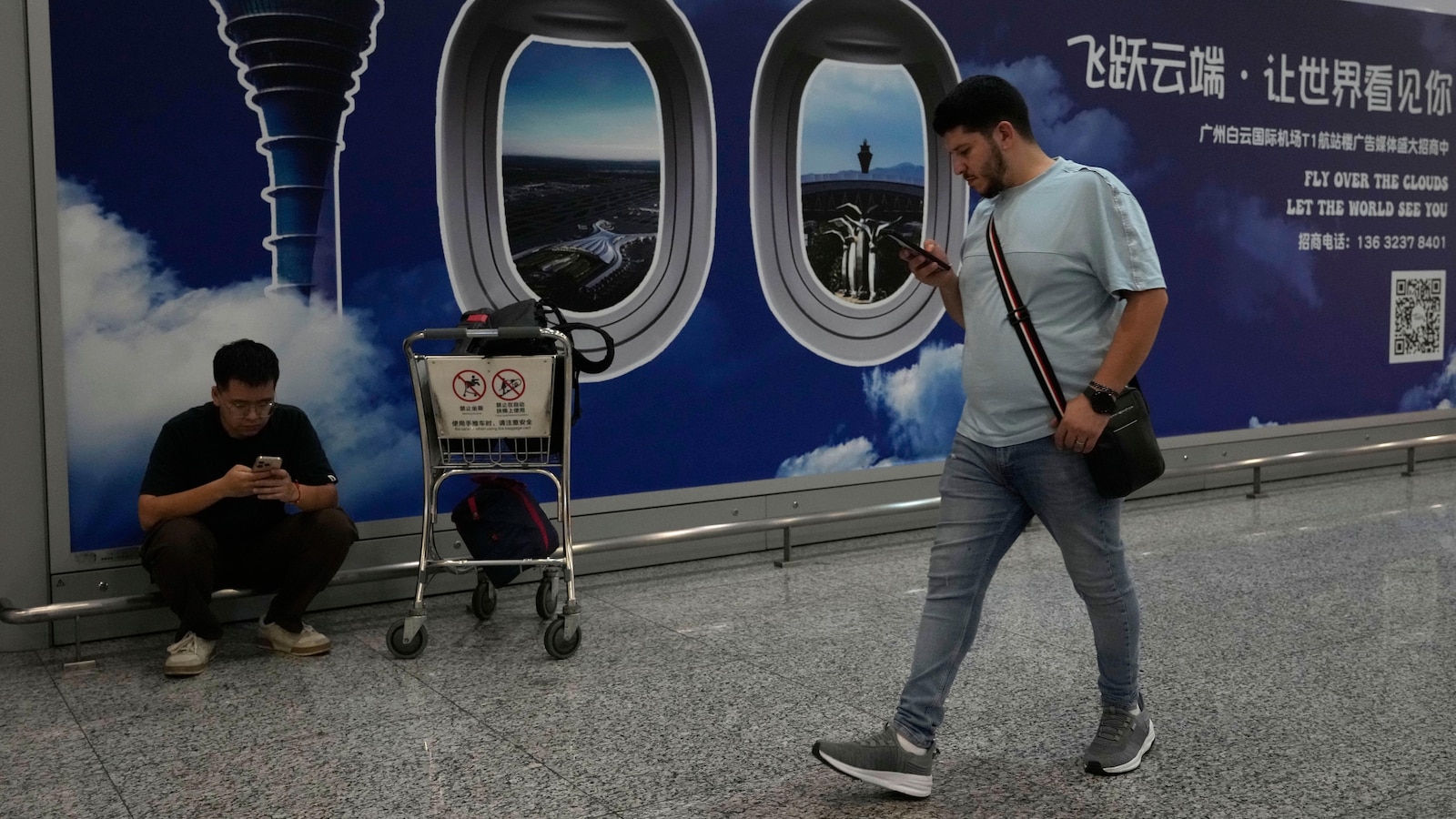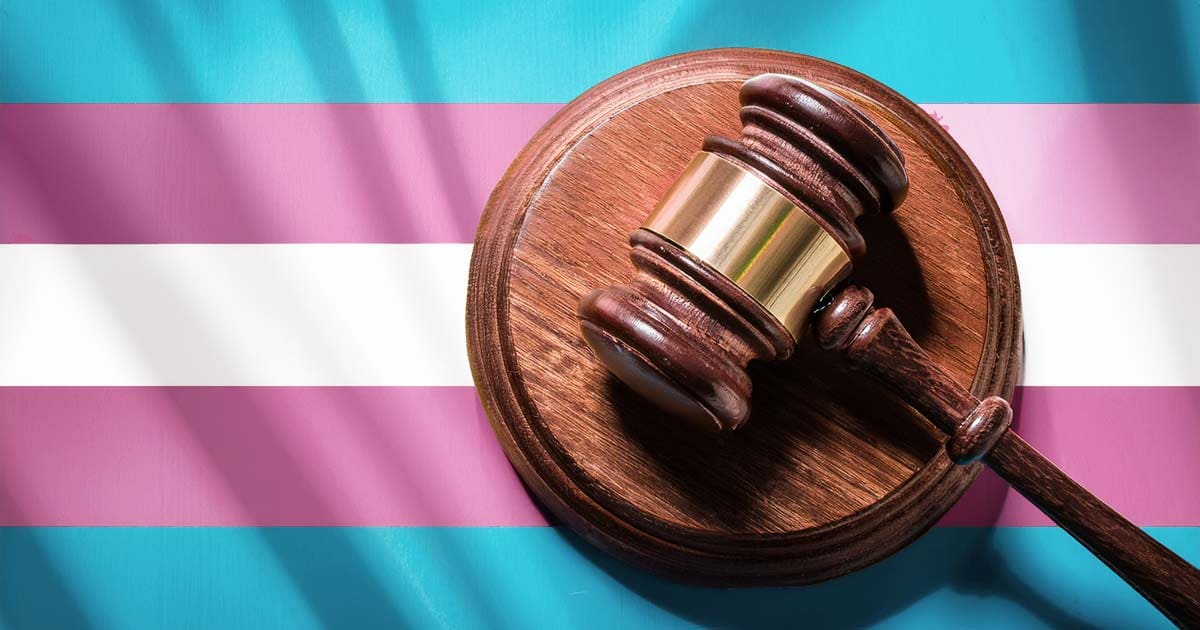Venezuela: Political Persecution a Year After Elections – Human Rights Watch

Report on Human Rights and Sustainable Development Goals in Venezuela: One Year Post-Election
Executive Summary
One year following the disputed presidential election of July 28, 2024, Venezuelan authorities are engaged in widespread human rights abuses that systematically undermine the core principles of the Sustainable Development Goals (SDGs), particularly SDG 16 (Peace, Justice and Strong Institutions). This report details politically motivated arrests, repression, and the erosion of the rule of law, which have severe implications for the nation’s progress toward sustainable development. As of July 21, 2025, 853 political prisoners remain detained, signifying a profound crisis in justice and institutional integrity.
Systematic Violations and the Erosion of SDG 16: Peace, Justice and Strong Institutions
Failure to Uphold Rule of Law and Access to Justice (SDG 16.3)
The state’s actions represent a direct contravention of SDG 16.3, which calls for promoting the rule of law and ensuring equal access to justice. The government has institutionalized a system of repression characterized by:
- Widespread arbitrary arrests targeting political opponents, human rights defenders, and critics.
- The use of vague criminal charges such as “incitement to hatred” and “terrorism,” carrying sentences of up to 30 years, to silence dissent.
- Deeply flawed legal proceedings, including virtual and group hearings that undermine due process rights.
- Denial of access to legal counsel and case files, with many detainees held incommunicado for extended periods.
Violence, Torture, and Enforced Disappearances (SDG 16.1)
The government’s response to post-election protests has violated SDG 16.1, which aims to reduce all forms of violence. The nationwide campaign of intimidation, known as “Operation Knock Knock,” has resulted in:
- The killing of protesters.
- The use of enforced disappearances, where authorities deny arrests or hide detainees’ whereabouts from families.
- Systematic ill-treatment and torture of detainees, including beatings, electric shocks, asphyxiation, and solitary confinement in inhumane conditions.
Breakdown of Accountable and Transparent Institutions (SDG 16.6 & 16.7)
The foundation of strong and accountable institutions, central to SDG 16.6 and 16.7, has been critically damaged. This is evidenced by:
- The lack of transparency and integrity in the July 2024 election process, with authorities failing to release official tally sheets amid credible opposition claims of victory.
- The implementation of state-led repression campaigns that reward abusive security forces, making them loyal to the government rather than the rule of law.
- A “revolving-door” policy of releasing some arbitrarily detained individuals while arresting others, demonstrating a manipulative approach to justice rather than a commitment to rights.
Broader Impacts on Sustainable Development
Increased Inequalities and Community Instability (SDG 10 & SDG 11)
The repression disproportionately affects marginalized populations, undermining SDG 10 (Reduced Inequalities) and SDG 11 (Sustainable Cities and Communities). The targeting of protests in low-income neighborhoods exacerbates existing social and economic vulnerabilities and destroys the fabric of safe and inclusive communities.
Suppression of Fundamental Freedoms and Civil Society (SDG 16.10)
The right to public access to information and the protection of fundamental freedoms, a cornerstone of SDG 16.10, is under direct assault. The government actively targets individuals and groups essential for a democratic society, including:
- Human rights defenders and organizations like Provea.
- Members of opposition political parties.
- Independent journalists and ordinary citizens critical of the government.
Recommendations for International Action through SDG 17: Partnerships for the Goals
Strengthening Global Partnerships for Accountability and Justice
In line with SDG 17 (Partnerships for the Goals), the international community must take concerted action to address the crisis and support the restoration of human rights and democratic institutions in Venezuela. Key actions should include:
- Fully supporting ongoing international accountability efforts, such as those at the International Criminal Court, to ensure justice for victims of human rights abuses.
- Exploring and implementing targeted pressures on government entities and economic actors that enable state-led repression.
- Expanding direct financial and technical support for Venezuelan civil society, independent journalists, and human rights defenders working to uphold democratic principles.
- Urgently expanding protection mechanisms for all Venezuelans forced to flee the country due to persecution.
- Leveraging high-level international forums, including the upcoming EU-CELAC summit and Vatican events, to demand substantial and lasting human rights improvements, beginning with the unconditional release of all political prisoners.
Analysis of Sustainable Development Goals in the Article
1. Which SDGs are addressed or connected to the issues highlighted in the article?
-
SDG 16: Peace, Justice and Strong Institutions
- The article extensively details the breakdown of peace, justice, and institutional integrity in Venezuela. It describes systematic human rights violations, including killings, torture, and arbitrary arrests, carried out by state authorities. The text highlights the lack of due process, the persecution of political opponents and human rights defenders, and the use of state institutions for repression, all of which are central themes of SDG 16.
2. What specific targets under those SDGs can be identified based on the article’s content?
-
Target 16.1: Significantly reduce all forms of violence and related death rates everywhere.
- The article directly relates to this target by documenting the “killing of protesters” and the use of torture against detainees, including “beatings, electric shocks, asphyxiation with plastic bags.” This points to a failure to reduce state-led violence and protect citizens’ lives.
-
Target 16.3: Promote the rule of law at the national and international levels and ensure equal access to justice for all.
- This target is central to the article’s narrative. It describes “widespread abuses,” “politically motivated arrests,” and “deeply flawed legal proceedings.” The text mentions that detainees are held “incommunicado,” denied access to lawyers, and subjected to “virtual and group hearings that further undermined their due process rights,” indicating a severe lack of rule of law and access to justice.
-
Target 16.6: Develop effective, accountable and transparent institutions at all levels.
- The article critiques Venezuelan institutions for their lack of accountability and transparency. It notes that international observers “criticized the process for lacking transparency and integrity” and that “authorities have yet to release official tally sheets” for the election. The systematic abuses by security forces and the judiciary, as described, demonstrate a failure to develop effective and accountable institutions.
-
Target 16.10: Ensure public access to information and protect fundamental freedoms, in accordance with national legislation and international agreements.
- The article highlights severe violations of fundamental freedoms. It details the repression of people for “protesting, criticizing the government, or participating in the opposition.” The arrest of “human rights defenders, critics, and foreign nationals” and the intimidation campaign “Operation Knock Knock” are direct attacks on the freedoms of expression, assembly, and association, which this target aims to protect.
3. Are there any indicators mentioned or implied in the article that can be used to measure progress towards the identified targets?
-
For Target 16.1 (Reduce Violence):
- The article mentions the “killing of protesters” and “torture” of detainees. These can be measured by indicators like the number of conflict-related deaths and verified cases of torture.
-
For Target 16.3 (Rule of Law):
- The article provides a specific number: “853 political prisoners remained behind bars, according to the human rights group Foro Penal.” This serves as a direct indicator of arbitrary detention (Indicator 16.3.2: Unsentenced detainees as a proportion of overall prison population). The descriptions of “enforced disappearances” and people being held “incommunicado” are also qualitative indicators of the breakdown of the rule of law.
-
For Target 16.10 (Protect Fundamental Freedoms):
- The article mentions the arrest of “hundreds of political opponents, human rights defenders, critics.” This directly relates to Indicator 16.10.1, which tracks the “number of verified cases of killing, kidnapping, enforced disappearance, arbitrary detention and torture of journalists, associated media personnel, trade unionists and human rights advocates.” The article also mentions the detention of a lawyer from the human rights organization Provea, providing a concrete example.
Summary Table of SDGs, Targets, and Indicators
| SDGs | Targets | Indicators Identified in the Article |
|---|---|---|
| SDG 16: Peace, Justice and Strong Institutions | 16.1: Significantly reduce all forms of violence and related death rates everywhere. |
|
| SDG 16: Peace, Justice and Strong Institutions | 16.3: Promote the rule of law at the national and international levels and ensure equal access to justice for all. |
|
| SDG 16: Peace, Justice and Strong Institutions | 16.6: Develop effective, accountable and transparent institutions at all levels. |
|
| SDG 16: Peace, Justice and Strong Institutions | 16.10: Ensure public access to information and protect fundamental freedoms. |
|
Source: hrw.org

What is Your Reaction?
 Like
0
Like
0
 Dislike
0
Dislike
0
 Love
0
Love
0
 Funny
0
Funny
0
 Angry
0
Angry
0
 Sad
0
Sad
0
 Wow
0
Wow
0













































































